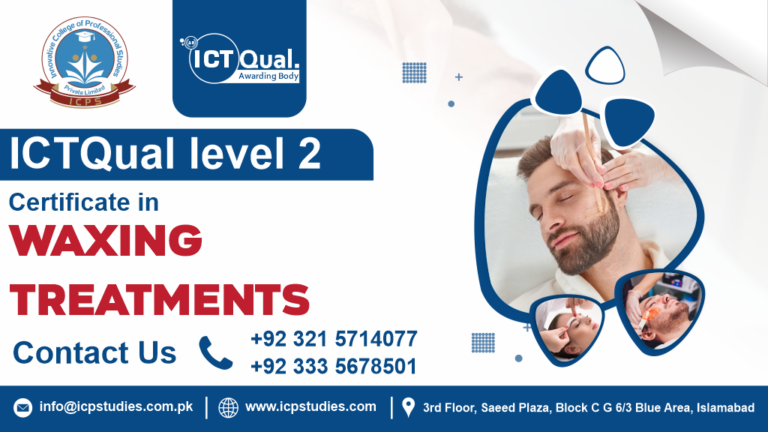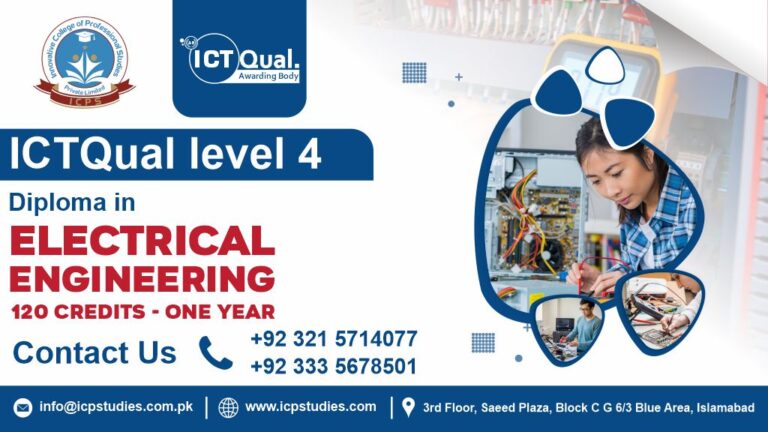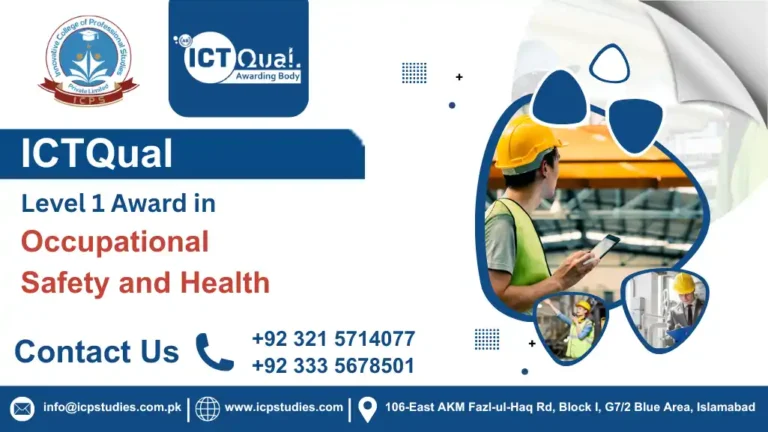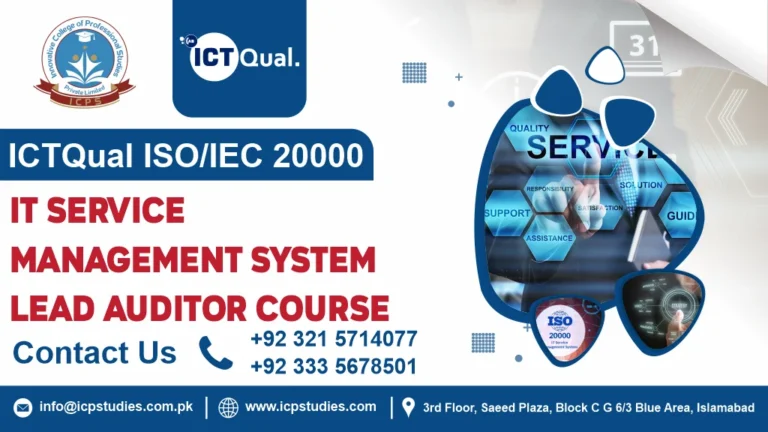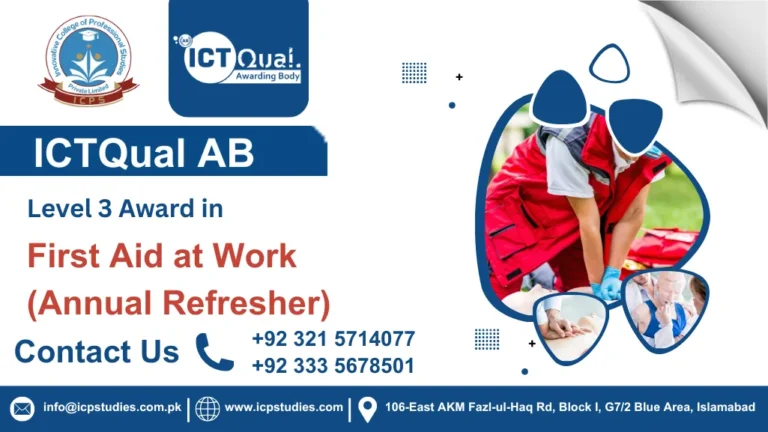In the realm of workplace safety, few certifications hold as much significance as the Level 2 Award in SCBA (Self-Contained Breathing Apparatus) Rescue. Designed to equip individuals with the skills and knowledge necessary to execute high-stakes rescues in hazardous environments, this certification represents a pivotal milestone for professionals dedicated to safeguarding lives.
The Level 2 Award in SCBA Rescue is not just a qualification; it’s a commitment to excellence in emergency response. It focuses specifically on scenarios where individuals equipped with SCBA units require rescue due to incapacitation or entrapment. Such situations often arise in industrial settings, confined spaces, or environments where toxic gases or lack of oxygen pose immediate threats.
Level 2 Award in SCBA Rescue is not just about earning a certification; it’s about embracing a responsibility to protect and save lives in challenging circumstances. As workplaces continue to evolve and hazards persist, the demand for competent SCBA rescuers remains critical. Investing in this certification not only strengthens organizational safety protocols but also underscores a commitment to valuing human life above all else. For those dedicated to mastering safety, achieving this award marks a significant step towards making workplaces safer and more resilient.
All About ICTQual Level 2 Award in SCBA Rescue
Course Overview
The Level 2 Award in SCBA Rescue is a specialized certification designed to train individuals in the safe and effective rescue of individuals equipped with Self-Contained Breathing Apparatus (SCBA). SCBA units are essential equipment used in environments where the air is contaminated or where there is a lack of oxygen, such as industrial settings, confined spaces, or firefighting scenarios.
The Level 2 Award in SCBA Rescue is particularly valuable for professionals working in industries where SCBA equipment is routinely used, such as firefighting, hazardous materials handling, chemical industries, and confined space entry. By completing this certification, individuals demonstrate their competence in responding to emergencies involving SCBA-equipped individuals, thereby enhancing workplace safety and preparedness.
Study Units
- Introduction to SCBA Rescue
- SCBA Equipment Familiarization
- Hazard Identification and Risk Assessment
- Rescue Techniques and Procedures
- Emergency Response Planning
To enroll in the ICTQual Level 2 Award in SCBA (Self-Contained Breathing Apparatus) Rescue, participants typically need to meet the following requirements:
- Age Requirement: Participants should be at least 16 years old.
- Basic Literacy and Numeracy: A good understanding of English is essential for completing the course materials and assessments.
- Physical Fitness: Participants should be in good physical condition, as the course includes practical exercises that may be physically demanding.
- Relevant Experience: Prior experience in emergency response or similar environments is beneficial but not mandatory.
- Medical Fitness: Participants may need to provide evidence of medical fitness to use SCBA equipment.
- Course Registration: Participants must register for the course through an accredited training provider.
- Payment: Course fees must be paid as required by the training provider.
- Commitment to Attend: Participants should be prepared to attend the full duration of the course and complete any required assessments to receive certification.
Always check with the specific training provider for any additional or varying requirements.
4o mini
The ICTQual Level 2 Award in SCBA (Self-Contained Breathing Apparatus) Rescue is designed for:
- Firefighters: Individuals engaged in firefighting and rescue operations where SCBA use is essential.
- Emergency Responders: Personnel involved in emergency services who may encounter hazardous environments requiring breathing apparatus.
- Rescue Team Members: Those part of teams that respond to incidents in confined or dangerous spaces where SCBA is necessary.
- Industrial Safety Personnel: Workers in industrial settings where exposure to toxic gases may occur and SCBA is required.
- Health and Safety Professionals: Individuals responsible for safety protocols involving SCBA use in emergency situations.
- Training Instructors: Those who train others in SCBA operations and rescue techniques.
This course provides participants with the foundational knowledge and skills to safely use SCBA in rescue scenarios, ensuring they can effectively respond to emergencies in hazardous environments.
Learning Outcome
Introduction to SCBA Rescue
- Learning Outcomes:
- Understand the fundamental principles of SCBA rescue operations.
- Identify scenarios where SCBA equipment is necessary for safe intervention.
- Explain the importance of SCBA rescue in maintaining workplace safety.
- Describe the roles and responsibilities of SCBA rescuers.
SCBA Equipment Familiarization
- Learning Outcomes:
- Demonstrate proficiency in donning and doffing SCBA equipment.
- Perform operational checks and ensure the functionality of SCBA units.
- Explain the components and features of SCBA equipment.
- Identify common issues and troubleshoot basic problems related to SCBA gear.
Hazard Identification and Risk Assessment
- Learning Outcomes:
- Identify potential hazards associated with SCBA rescue operations.
- Conduct thorough risk assessments in SCBA-related emergency scenarios.
- Evaluate risks related to confined spaces, toxic gases, and lack of oxygen.
- Apply appropriate control measures to mitigate identified risks.
Rescue Techniques and Procedures
- Learning Outcomes:
- Implement safe and effective rescue techniques for individuals wearing SCBA units.
- Demonstrate proficiency in various rescue maneuvers, including extraction and evacuation.
- Coordinate rescue efforts with team members and external responders.
- Adapt techniques to different scenarios, considering environmental factors and victim conditions.
Emergency Response Planning
- Learning Outcomes:
- Develop comprehensive emergency response plans specific to SCBA rescue incidents.
- Establish communication protocols and chains of command during emergencies.
- Identify resources and equipment required for efficient rescue operations.
- Conduct drills and simulations to test and refine emergency response plans.
Each of these study units contributes to the overall competency of participants in the Level 2 Award in SCBA Rescue, ensuring they are well-prepared to handle SCBA-related emergencies with professionalism, efficiency, and safety.
FAQs about ICTQual Level 2 Award in SCBA Rescue


